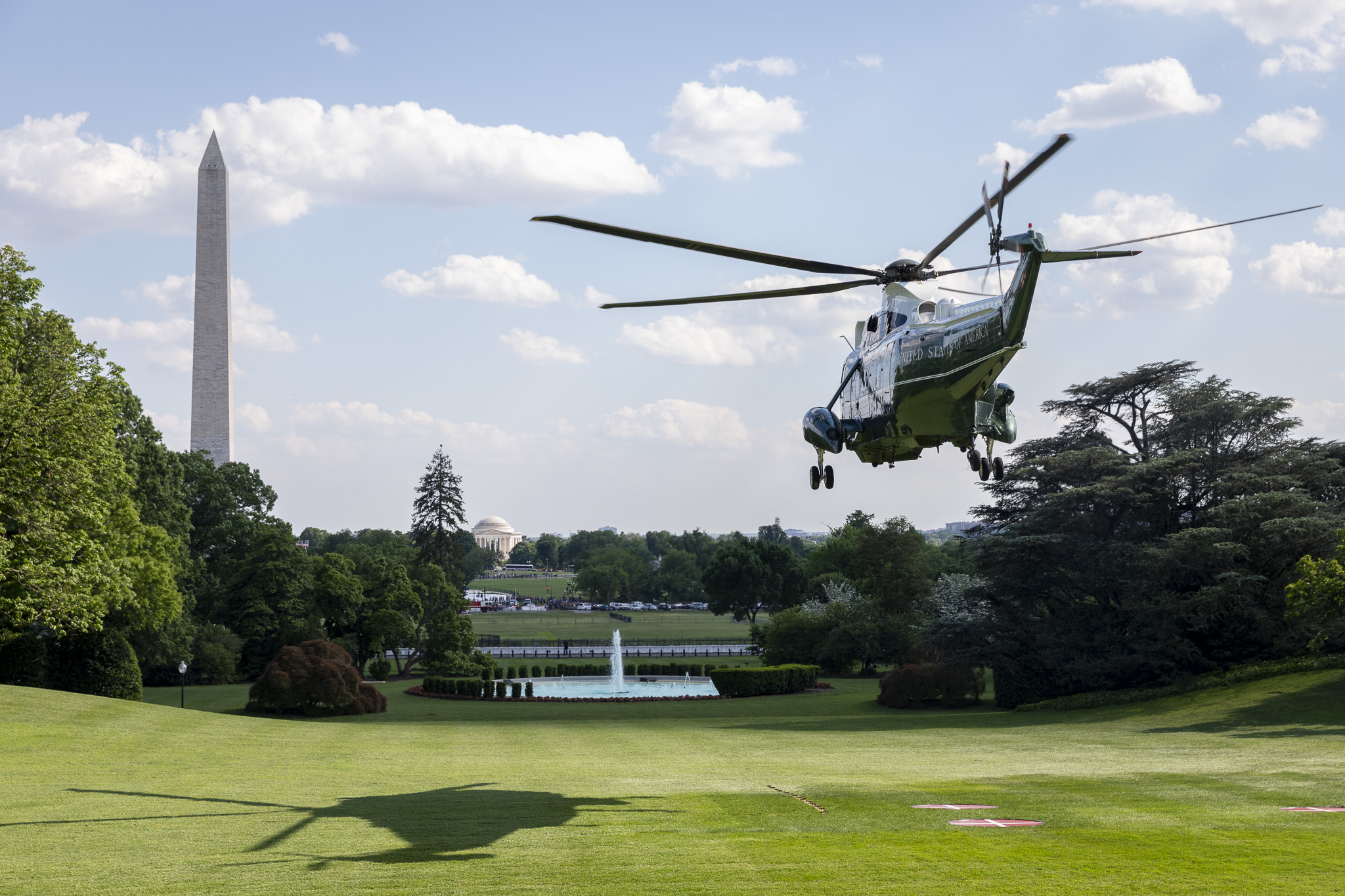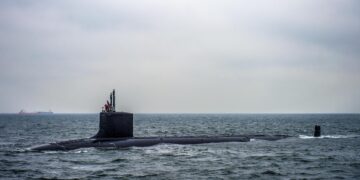January 29, 2025
It’s time for a Trump doctrine in foreign policy

President Donald Trump returned to the White House on a promise to reform America’s foreign policy, transitioning away from the idea of “spreading democracy” and refocusing on the country’s national interest.
A major impediment to fulfilling this promise, however, is the collection of treaties, international agreements, and institutions that comprise the “international world order.” Secretary of State Marco Rubio, in his confirmation hearing, highlighted this Gordian knot as a major threat, saying America had replaced “a foreign policy that served the national interest” with “one that served the ‘liberal world order.'” But, he added, that “postwar global order is not just obsolete; it is now a weapon being used against us.”
America can reorient its foreign policy to prepare for the future by slowly leaving treaties that do not serve its interests, but this process would be cumbersome and somewhat scattershot.
Or it could take an alternative path: Instead of untying the Gordian knot, America could slice through it via a new presidential doctrine. Such doctrines—statements indicating a new direction for American foreign policy—have been a staple of American politics since President James Monroe announced the Monroe Doctrine, which declared European powers should stay out of the Americas. Recently, they have become rare. The only president to issue one this century was George W. Bush; the “Bush Doctrine,” as Bush defined it in his memoir Decision Points, espoused preemptive war and democracy promotion. This lack of vision is reflective of the past 30 years of uninventive and disastrous foreign policymaking.
More on Western Hemisphere

July 8, 2025

By Daniel DePetris and Christopher McCallion
July 2, 2025

Featuring Jennifer Kavanagh
June 11, 2025

Featuring Edward King
June 3, 2025
Events on Grand strategy





